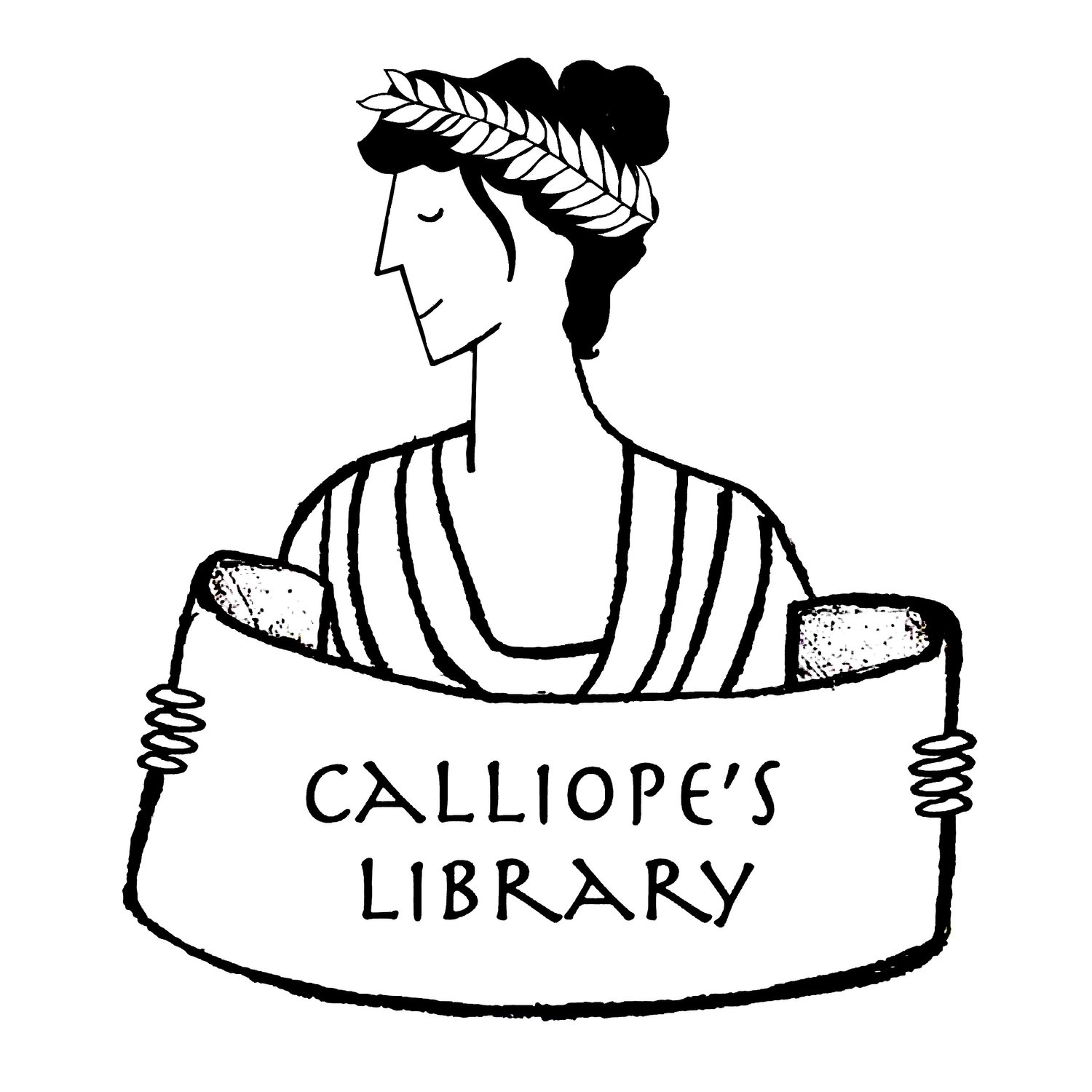Title: Mity greckie dla dzieci w obrazkach (Greek Myths for Children in Pictures)
Author and Illustrator: Nikola Kucharska
Year: 2017
Tags: 1+, Board Books, Picture Books, Ancient Civ, Greco-Roman Mythology, Language: Polish
Readers interested in a scholarly approach to children’s literature may consult this title on Our Mythical Childhood Survey*
Mity greckie dla dzieci w obrazkach (Greek Myths for Children in Pictures) is a Polish big format board book on Greek mythology with very few words. Each spread is dedicated to a different tale, including Daedalus and Icarus, Demeter and Kore, or Twelve Labors of Hercules. Across the book, readers may encounter double-page spreads filled with many characters and objects, making Kucharska’s work a wimmelbook, i.e., a collection of detailed panoramic images with several minor scenes with no or very few words – here they are mainly character’s speech put into comics-like balloons. If one does not know all the myths presented in the book one may find a short description of each of them on the final spread.
This mythological wimmelbook is a great ‘reading’ for children over the age of one. Readers may immerse into the classical world and slowly and effectively follow all the details depicted on each page. There are also numbers added into the illustration which help to follow the plot step by step, as most of them present brief narratives on mythical gods and heroes. Young readers may encounter marvelous classical tales or simply enjoy the aesthetics and have fun finding new and exciting elements in the illustrations. -- Krzysztof Rybak
* For further information on the Our Mythical Childhood Survey, please refer to the website of the project “Our Mythical Childhood” [link: http://omc.obta.al.uw.edu.pl/], led by Prof. Katarzyna Marciniak at the Faculty of “Artes Liberales,” University of Warsaw, Poland, with the participation of Bar Ilan University, University of New England, University of Roehampton, University of Yaoundé 1, and other affiliated scholars, within the funding from the European Research Council (ERC) under the European Union’s Horizon 2020 Research and Innovation Programme (grant agreement No 681202).





